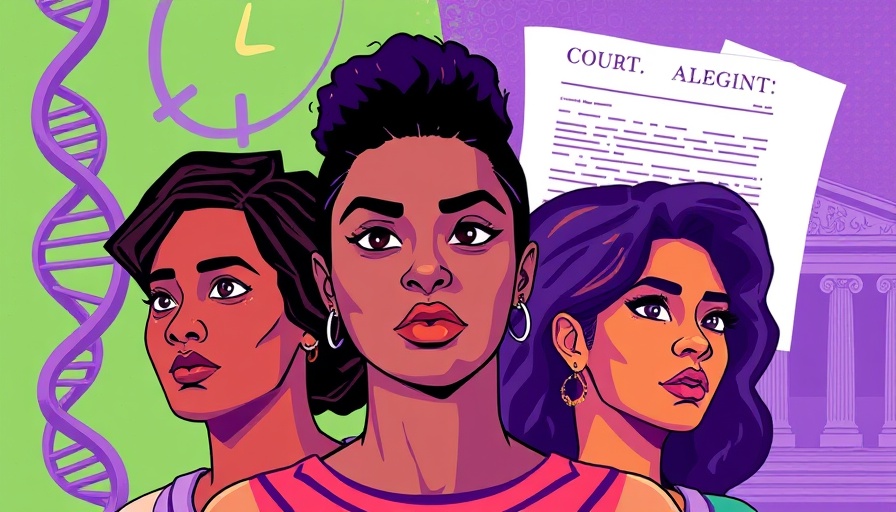
The CRISPR Patent Battle: A High-Stakes Biotechnology Dispute
The recent ruling from the US Court of Appeals for the Federal Circuit could reshape the landscape of biotechnology ownership. Scientists Jennifer Doudna and Emmanuelle Charpentier are given a second opportunity to claim ownership of the critical CRISPR patents, which are at the forefront of gene-editing technology. This decision not only impacts the personal achievements of the scientists but also has far-reaching implications for the biotech industry as a whole.
A Decade-Long Feud
The saga began way back in 2014 when the US patent rights were attributed to Feng Zhang of the Broad Institute of MIT and Harvard. This granting engendered a contentious battle that has ensnared the scientific community in a web of complex legal proceedings. With implications running into hundreds of millions of dollars, the stakes are incredibly high, reflecting not only financial interests but also the prestige associated with being recognized as the originators of a revolutionary technology.
Why Patents Matter in Biotechnology
In the biotechnological realm, patent ownership isn't merely about financial profit; it's about control over innovation. The CRISPR technology stands as a testament to transformative scientific progress. The patent dispute is akin to the historic battles over seminal inventions like the telephone or the lightbulb, reflecting the ongoing tension between science and ownership. As Jacob Sherkow, a law professor, indicates, this isn’t just about who invented it first but also about who receives acknowledgment and ownership rights in the domain of biotechnology.
Legal Context: The Conception and Priority
In patent law, conception is a critical concept that refers to the moment an inventor thinks of a solution to a problem. This case exemplifies the complexities associated with establishing priority. The Patent Trial and Appeal Board initially ruled against Doudna and Charpentier, arguing they had not successfully conceived their invention by demonstrating efficacy across various species. However, the recent appeal reverses this decision, indicating that an invention's successful application isn't a requisite for patent acknowledgment. This legal nuance plays a significant role in determining how innovations are recognized and valued in the industry.
The Future of CRISPR: Implications for Innovation
The outcome of this continued legal battle will not only define the careers of these pioneering scientists but also shape the future of genetic engineering innovation. Should Doudna and Charpentier prevail, they might wield significant influence over how CRISPR technologies are developed and applied. This could foster an environment where equitable access to the benefits of CRISPR technology is ensured, ultimately influencing public health initiatives and scientific research directions.
Questions of Ethics and Responsibility
The CRISPR saga evokes not just legal and economic dilemmas but also ethical ones. As biotechnology advances, the responsibilities that accompany such powerful tools become paramount. Discussions around CRISPR's implications for genetic diseases, human enhancement, and biodiversity require a thoughtful exploration of governance, ethics, and technological responsibility. The resolution of this patent dispute will have profound implications for regulatory practices and ethical standards in biotech, urging stakeholders to consider the broader impacts beyond simple ownership.
In conclusion, as the CRISPR patent battle unfolds, it serves as a reminder of the intertwined nature of innovation, ethics, and ownership in the modern world of biotechnology. Understanding these dynamics is critical for executives and decision-makers aiming to navigate the complexities of integrating advanced biotech solutions into their strategies. Staying informed about ongoing legal disputes and their implications will arm leaders with knowledge essential for making informed business decisions.
 Add Row
Add Row  Add
Add 




Write A Comment